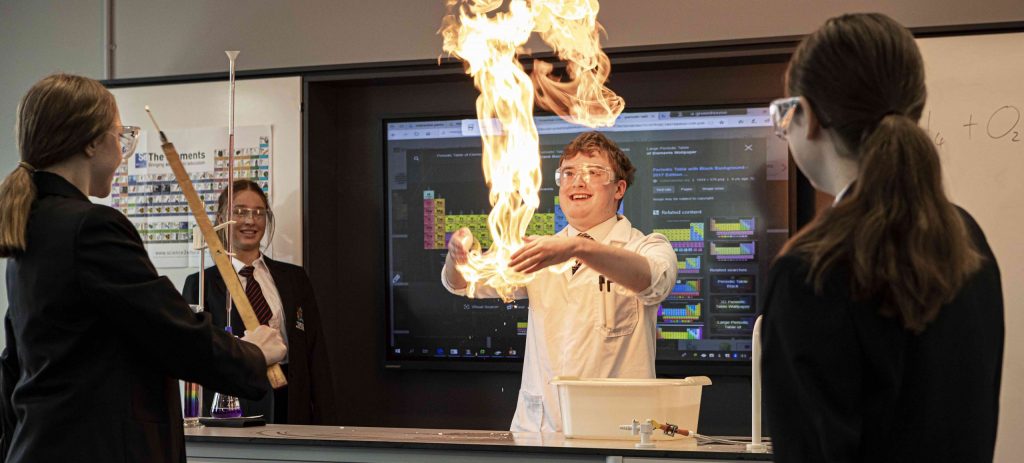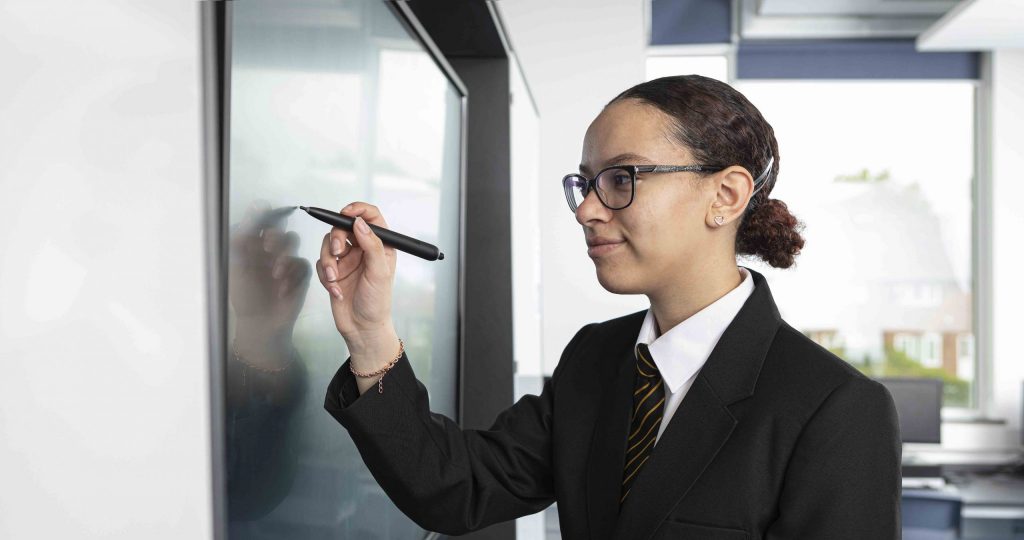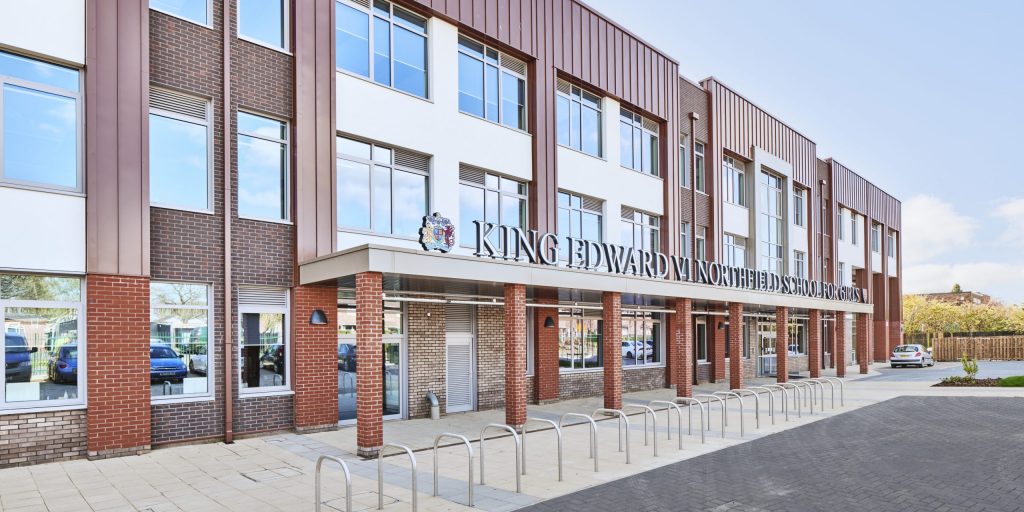History teaches about our past and helps understanding of the present.
History is studied by all pupils in KS3 through 3 hours a fortnight. It is a popular KS4 GCSE subject, with a high percentage of pupils choosing to do History each year. We believe that History is very important in the school curriculum. It helps to shape people into tolerant and well-rounded individuals.
History helps us to understand the complexity of people’s lives, the process of change, the nature of diversity in society and relationships between different groups, as well examining our own identity and the challenges of our times.
Of equal importance are the skills that we aim to foster through our teaching: to research; to clearly express ideas; to ask perceptive questions; think critically; weigh evidence; sift arguments, and develop perspective and judgement.
History at Northfield School for Girls fulfils all of the requirements of the KS3 National Curriculum and covers topics that are both relevant and interesting to pupils in this school and community. Lessons are differentiated to provide support and challenge for all ability groups and pupil work is purposeful and meaningful.

History at KS4
GCSE History at Northfield School for Girls is extremely popular.
We follow the Edexcel History syllabus. The aims and objectives of this qualification are to enable pupils to:
- develop and extend their knowledge and understanding of specified key events, periods and societies in local, British, and wider world history; and of the wide diversity of human experience
- engage in historical enquiry to develop as independent learners and as critical and reflective thinkers
- develop the ability to ask relevant questions about the past, to investigate issues critically and to make valid historical claims by using a range of sources in their historical context
- develop an awareness of why people, events and developments have been accorded historical significance and how and why different interpretations have been constructed about them
- organise and communicate their historical knowledge and understanding in different ways and reach substantiated conclusions.
The course is divided into three sections / papers:
- Paper 1: For our thematic study and an in-depth focus on the historic environment we study Medicine in Britain, c1250 – the present day and The British Sector of the Western Front, 1914 -18: injuries, treatment and the trenches.
- Paper 2: For our period study we cover Superpower relations and the Cold War, 1941 – 91 and for our British Depth Study we look at Anglo-Saxon and Norman England, c1060 – 88.
- Paper 3: For our Modern Depth Study we study Weimar and Nazi Germany, 1918 – 39.
2-Year KS4
| Term | Year 10 | Year 11 |
|---|---|---|
| Autumn | 1. Superpower Relations and The Cold War, 1941 – 1991. 2. Medicine in Britain c1250 – the present day. | Weimar and Nazi Germany, 1918 – 1939. |
| Spring | 1. Medicine in Britain c1250 – the present day. 2. The British Sector of The Western Front, 1914 – 1918. | 1. Weimar and Nazi Germany, 1918 – 1939. 2. Revision. |
| Summer | Anglo Saxon and Norman England, c1060 – 1088. |
Careers:
Employers value the research, analytical, teamwork and communication skills that are developed by history students throughout their degree.
Job options:
Jobs directly related to your degree include:
- Heritage manager
- Historic Buildings Inspector/Conservation Officer
- Museum Education Officer
- Museum/Gallery Curator
- Museum/Gallery Exhibitions Officer
- Secondary School Teacher
Jobs where your degree would be useful include:
- Academic Librarian
- Archaeologist
- Archivist
- Broadcast Journalist
- Civil Service Administrator
- Editorial Assistant
- Information Officer
- Politician’s Assistant
- Solicitor
Skills for your CV
A degree in history develops your:
- critical reasoning and analytical skills, including the capacity for solving problems and thinking creatively;
- intellectual rigour and independence, including the ability to conduct detailed research;
- ability to construct an argument and communicate findings in a clear and persuasive manner, both orally and in writing;
- capability to work without direct supervision and manage time and priorities effectively;
- ability to discuss ideas in groups, and to negotiate, question and summarise;
- capacity to think objectively and approach problems and new situations with an open mind;
- appreciation of the different factors that influence the activities of groups and individuals in society.
What do history graduates do?
Just over 57% of history graduates are in employment in the UK six months after graduation, with a further 29% doing further study or combining study with work.
Professions in the top ten occupations held by history graduates include marketing associate professionals, HR and industrial relations officers and business associate professionals.



